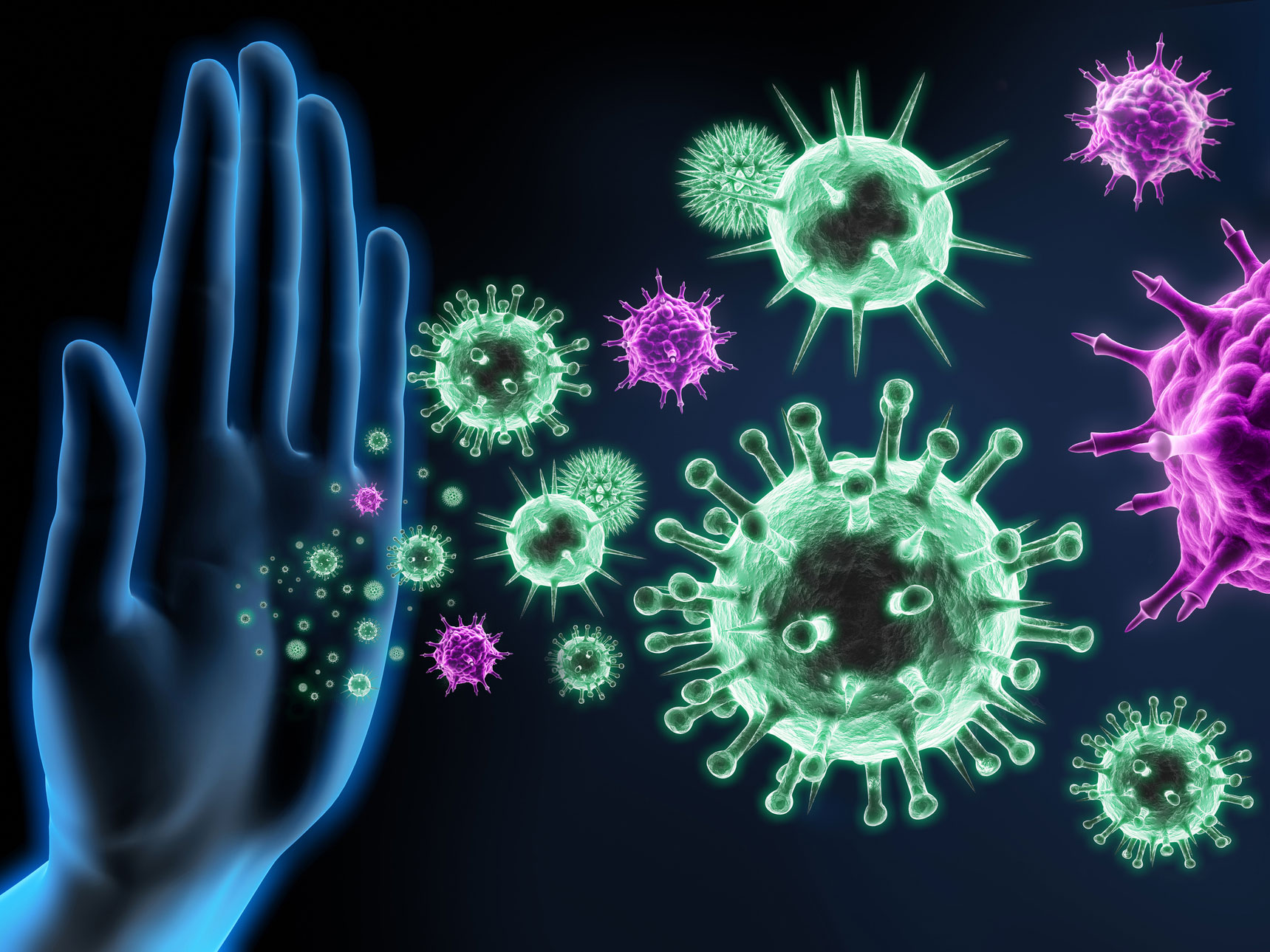Get Easy Health Digest™ in your inbox and don’t miss a thing when you subscribe today. Plus, get the free bonus report, Mother Nature’s Tips, Tricks and Remedies for Cholesterol, Blood Pressure & Blood Sugar as my way of saying welcome to the community!
Are you immune to COVID-19 after you’ve had it?

There’s still so much we don’t know about COVID-19. We don’t even know for sure who “patient zero” was.
Needless to say, scientists worldwide are scrambling to figure out important, life-saving information. And one of the most pressing questions they’ve been working round the clock to answer is: Are people who contract the virus immune to it afterward? And if so, for how long?
Answering this question is critical to waging a stronger fight against the virus and easing some of the economic fallout we’re facing as a result. If people who contract the virus develop immunity, they can safely care for others who are sick. And they can be the first to get society up and running again without risk.
The good news is people who develop the virus most likely do develop some level of immunity. But exactly how much and for how long is still something scientists are working to answer.
People who get COVID-19 are probably immune afterward… temporarily
When a virus infects your body, your immune system immediately jumps into action. It develops antibodies designed to seek and destroy the viral invader. The thing is the antibodies produced by each person’s body are different. Some people produce strong antibodies. Others produce weaker antibodies. In addition to that, the antibodies developed for each virus are unique in the amount of protection they provide.
For some viruses, like polio and measles, antibodies protect you from the virus for the rest of your life. For other viruses, like the coronaviruses that cause colds, antibodies only protect you for one to three years.
Since COVID-19 is a coronavirus like the viruses that can cause the common cold, researches suspect the immunity you develop to it may only be temporary. That said, there is evidence that contracting the virus will provide some immunity.
A study in monkeys with COVID-19 found that they produced antibodies that protected them from getting re-infected. And people who were infected with the SARS virus (which was also a coronavirus and closely related to the novel coronavirus we’re dealing with right now) usually developed immunity for 10 years.
People who contracted MERS (another severe coronavirus) had an immune response that could be detected up to two years later. With this virus, researchers also found that the more ill the patient became, the longer their immune response lasted. Researchers suspect that immunity to COVID-19 is probably a similar timeframe — about two years or so. But even if the immunity period was shorter than two years, the second infection from the virus would most likely be much milder.
Now, you’ve probably heard that some people don’t get very sick from COVID-19. In fact, some people who contract the virus don’t develop any symptoms at all. What’s up with that?
Related: Mild, moderate and severe symptoms of COVID-19: How to tell the difference
Researchers suspect that people who develop mild reactions to COVID-19 have probably been infected with a common cold caused by a coronavirus and that the antibodies developed to fight that may be providing some protection. Of course, that’s just a theory at this point. They don’t know for sure why responses to coronavirus are so vastly different in severity.
How to tell if you have immunity
In order to tell who has some level of immunity to the virus and who doesn’t, we need a blood test that detects antibodies. They’re already using them in China, Singapore, and other countries. And there are plenty of scientists in labs all over the country working to get these out here too.
In England, they’ve purchased a bunch of these tests and they’re exploring the option of providing them to people for at-home use. The hope is that people who test positive for antibodies can get back to their normal lives. Maybe something similar will happen here in the U.S. in the not-so-distant future.
Editor’s note: There are perfectly safe and natural ways to decrease your risk of blood clots including the 25-cent vitamin, the nutrient that acts as a natural blood thinner and the powerful herb that helps clear plaque. To discover these and other secrets of long-lived hearts, click here for Hushed Up Natural Heart Cures and Common Misconceptions of Popular Heart Treatments!
Sources:













